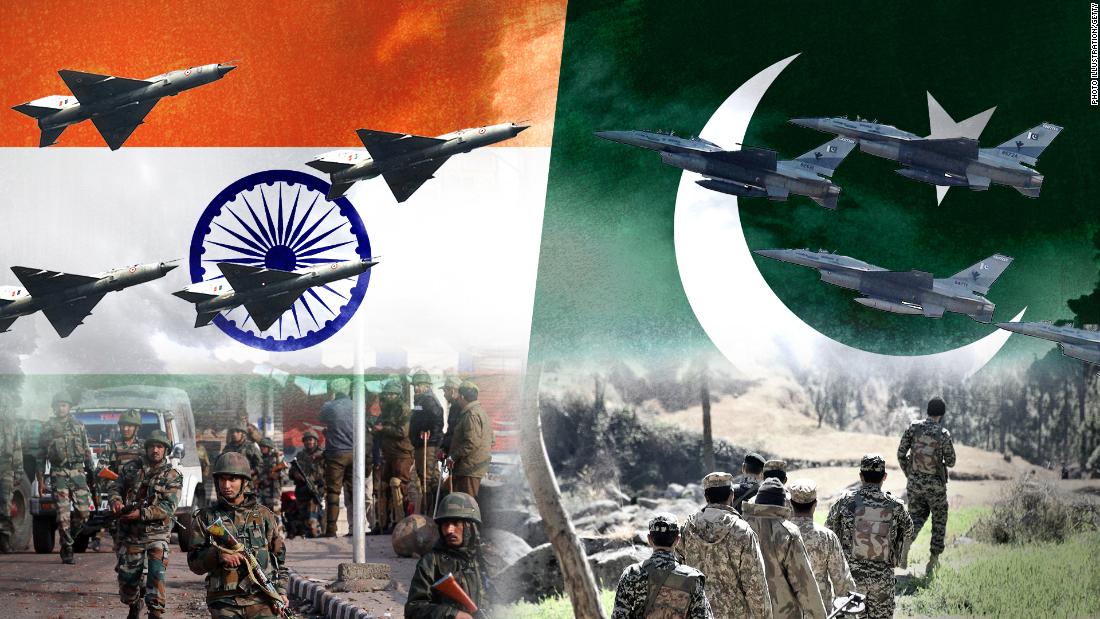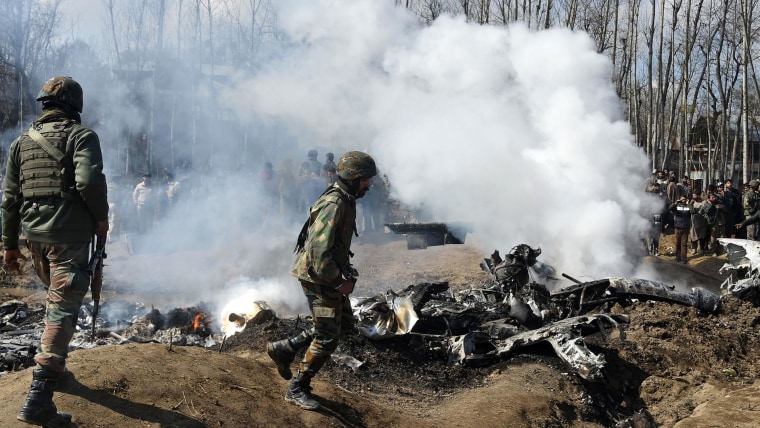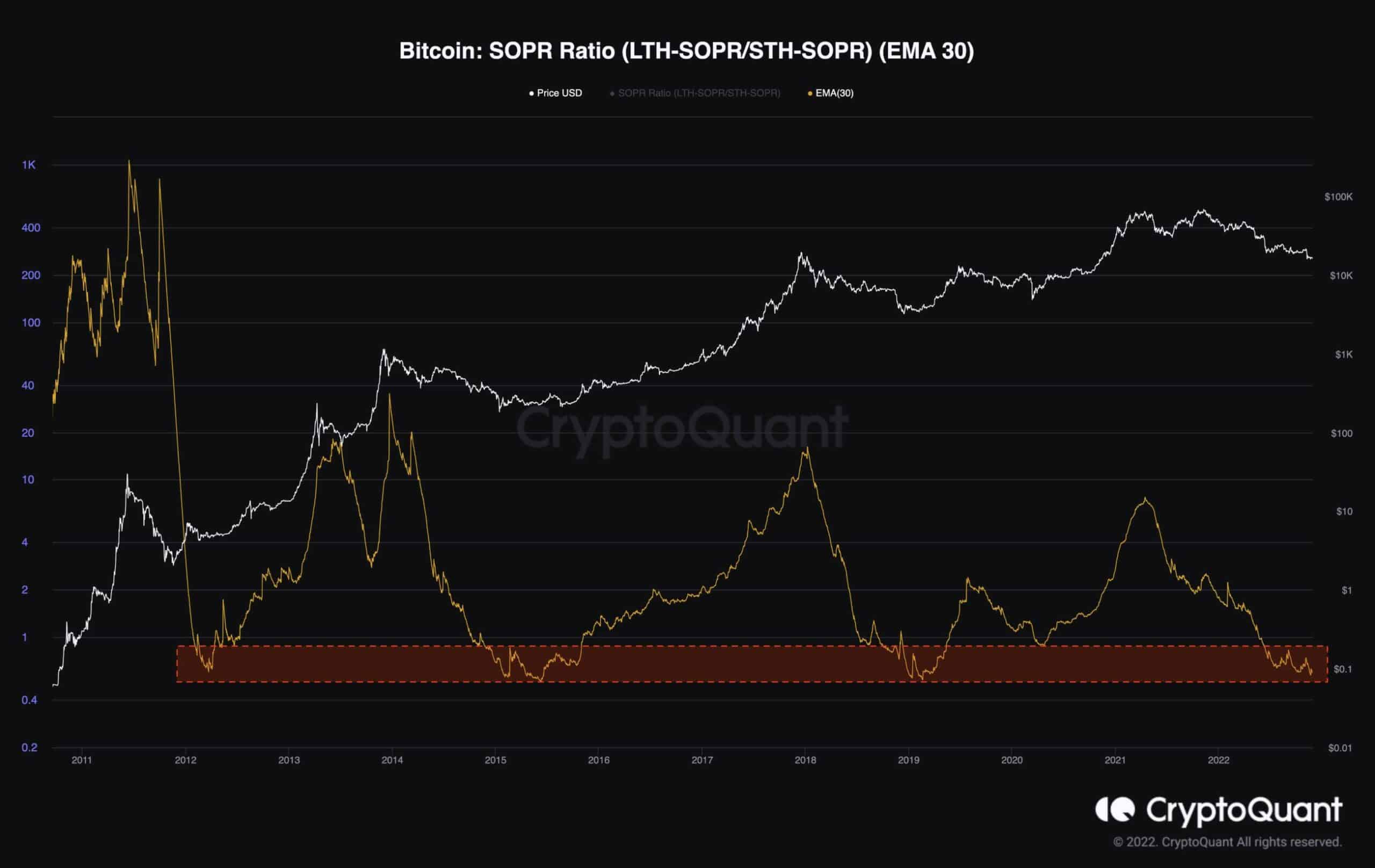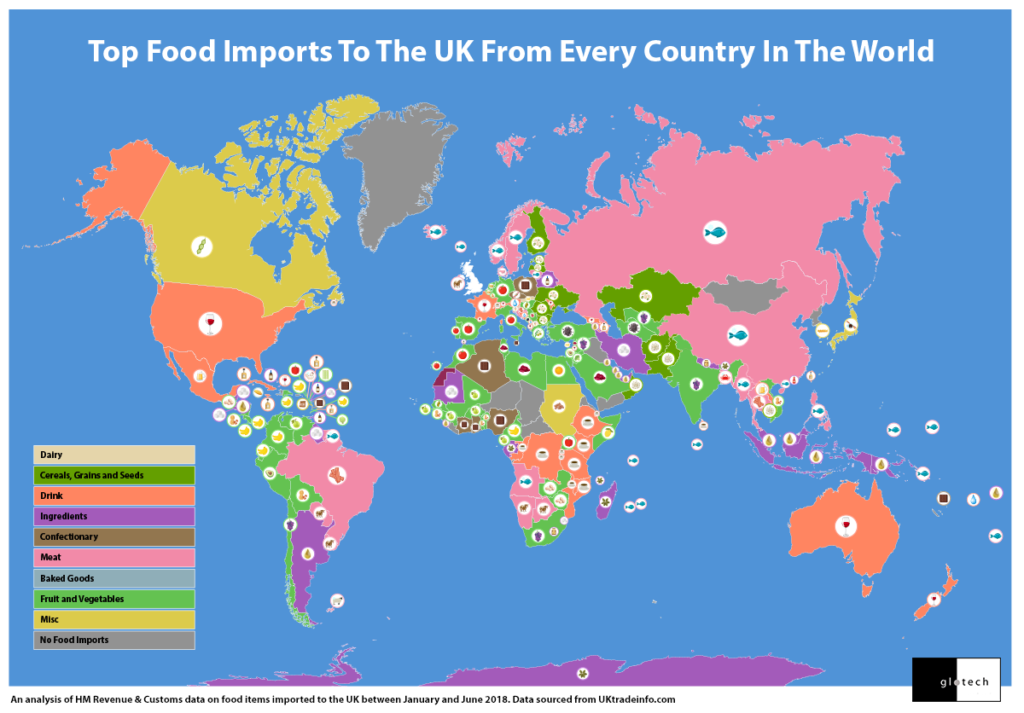Friends, buckle up. The situation in the Middle East isn’t just volatile; it’s hurtling towards a dangerous precipice. Forget the diplomatic niceties, we’re seeing a clear escalation from Israel, and frankly, it’s terrifying.

Photo source:www.deviantart.com
Israel is reportedly mobilizing significant reserve forces, a clear signal they’re preparing for a massive expansion of the operation in Gaza. This isn’t about ‘surgical strikes’ anymore; it’s gearing up for a full-blown offensive. Simultaneously, we witnessed Israel’s largest aerial assault on Syria this year, targeting dozens of sites. Let’s be clear – this is a regional powder keg.
The Houthis aren’t backing down either, claiming missile strikes on Israel, adding another layer of complexity to this already chaotic landscape. It’s a brutal tit-for-tat that threatens to drag in more actors.
But beyond the military posturing, the humanitarian catastrophe in Gaza is absolutely heartbreaking. 63 days of blocked aid, and now we’re seeing reports of 57 people starving to death. 57 souls! A potential aid agreement with the US is a glimmer of hope, but let’s not pretend it’s enough. This situation demands immediate and unrestricted access for humanitarian relief.
Iran is loudly condemning Israel, accusing them of attempting to cripple Syria’s defense and economic infrastructure. Meanwhile, Qatar is being publicly shamed by Israel, accused of double-dealing. Qatar’s response? A firm rejection of these inflammatory accusations – good for them.
And to add another political shift to the mix, Yemen has a new Prime Minister. But let’s be real, these political maneuvers feel insignificant when weighed against the plight of civilians and the escalating risk of a wider war.
Let’s break down some key points:
Escalation cycles are common in conflict zones, frequently driven by a desire to achieve a decisive advantage. However, such pushes often lead to unintended consequences and may actually prolong the fighting.
The deliberate obstruction of humanitarian aid constitutes a grave violation of international law. It’s a calculated move with devastating consequences for vulnerable populations.
The concept of “proxy wars” plays a significant role in the Middle East. Nations often support non-state actors to advance their own strategic interests, adding to regional instability.
Regional powers like Iran and Qatar are essential actors, and their diplomatic positions are vital in de-escalating tensions. Public accusations rarely serve to improve the situation.






